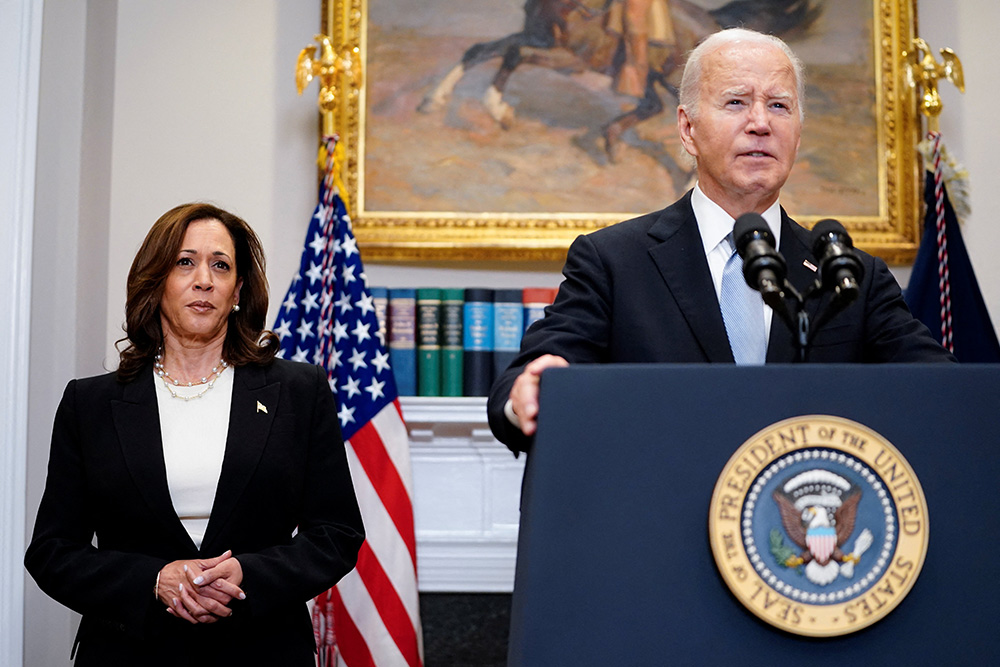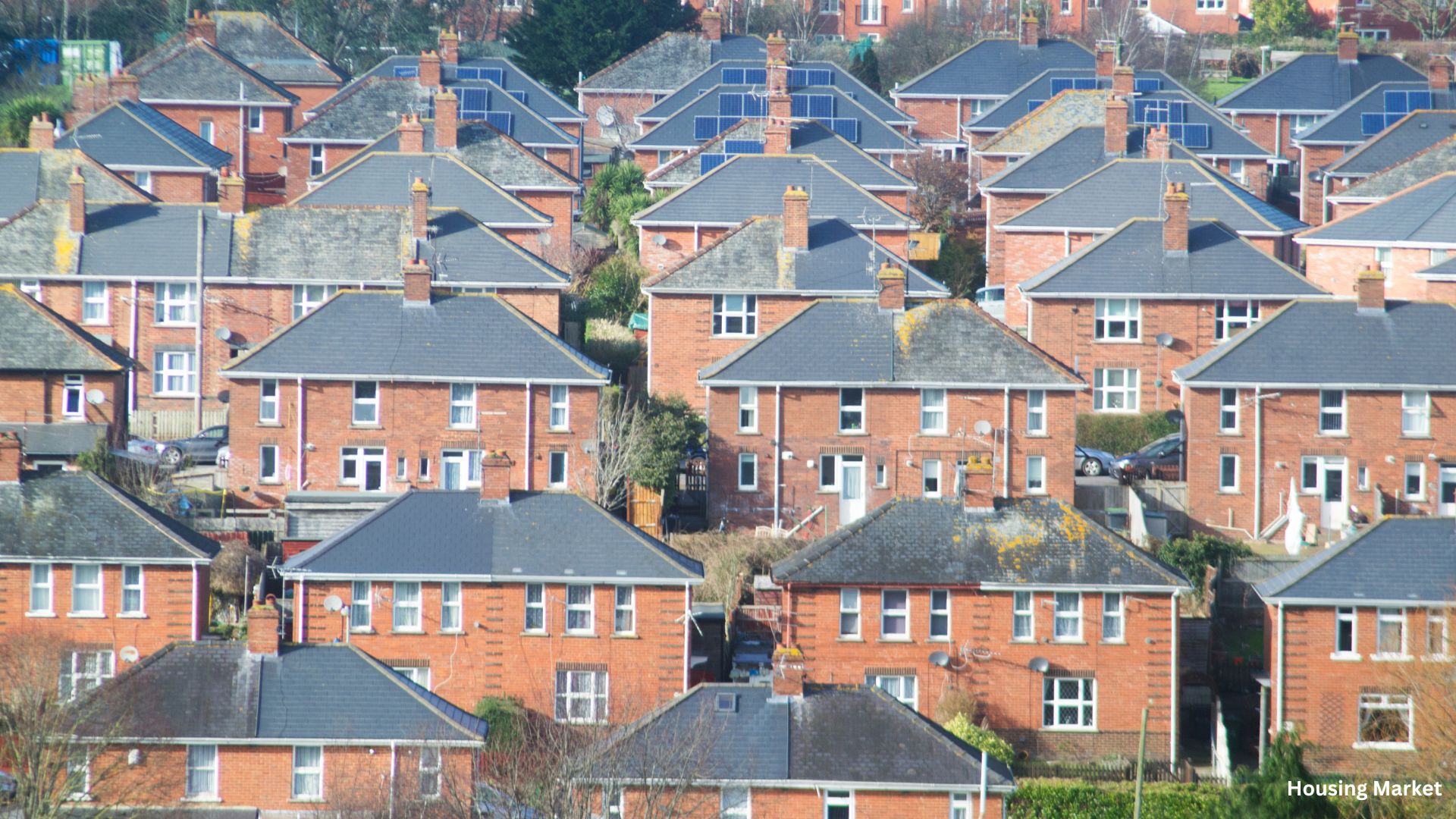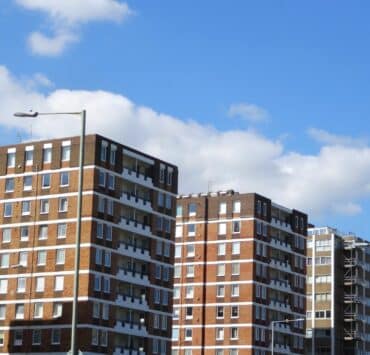Housing market uncertainty often spikes during election seasons, creating a challenging environment for potential homebuyers and sellers alike. This phenomenon has been particularly evident in 2024, as the U.S. presidential election looms large. Redfin CEO Glenn Kelman highlighted the significant impact of election uncertainty on the housing market, pointing out that many potential buyers are adopting a wait-and-see approach. This blog explores the dynamics of housing market uncertainty during election seasons and its implications for the real estate market.

Election-Induced Housing Market Uncertainty
Impact on Homebuyers
Election seasons historically bring a degree of hesitancy among homebuyers. According to Glenn Kelman, many prospective buyers are postponing their purchasing decisions until after the election. This cautious approach is largely driven by concerns over potential economic policies and their effects on interest rates and housing affordability. Despite recent drops in interest rates, the uncertainty surrounding the election has kept many buyers on the sidelines.
Inventory and Affordability Challenges
Inventory levels and affordability continue to be major obstacles in the current housing market. Kelman noted that homeowners with low-interest mortgages are reluctant to sell, leading to persistently low inventory levels. Coupled with rising home prices, this scenario exacerbates affordability issues for many buyers. The combination of these factors creates a complex landscape, where even slight changes in policy or economic conditions can have significant repercussions.
The Role of Political Climate
Influence of Presidential Candidates
The political climate during election seasons plays a crucial role in shaping housing market uncertainty. Different presidential candidates have varying economic policies that can influence market sentiment. As Kelman pointed out, voters’ preferences for certain candidates are often tied to their beliefs about which administration will better manage economic challenges, such as inflation and deficit control. These beliefs can significantly sway market dynamics as buyers and sellers anticipate potential policy changes.
Government Spending and Tax Policies
Government spending and tax policies are pivotal factors contributing to housing market uncertainty. The debate between cutting spending and raising taxes is central to the economic strategies of different political parties. This debate directly impacts interest rates and inflation, both of which are critical to the housing market. Kelman emphasized the importance of controlling the deficit and managing inflation to stabilize the housing market and ensure long-term affordability.
Future Outlook
Post-Election Market Expectations
The housing market’s future largely hinges on the outcome of the upcoming election. Post-election, market participants expect clarity on economic policies, which could alleviate some of the current uncertainty. However, structural issues like low inventory and affordability challenges are likely to persist. Kelman predicts that even with some relief, the market may continue to experience low sales volumes until broader economic conditions improve.
Building More Housing
A long-term solution to housing market challenges lies in increasing housing supply. Kelman suggested that building more homes over the next five to ten years is essential to address the underlying issues of inventory and affordability. This approach requires coordinated efforts between the government and private sector to create sustainable solutions for the housing market.

Housing market uncertainty during election seasons is a recurring challenge that significantly impacts buyer and seller behavior. The current election cycle has heightened this uncertainty, with many potential buyers waiting for clearer signals post-election. Key factors contributing to this uncertainty include economic policies, government spending, and tax debates. Addressing these issues requires a multifaceted approach, including increasing housing supply and implementing stable economic policies. As the election draws near, the real estate market will continue to navigate these uncertain waters, with the hope that post-election clarity will bring some stability.







